[Warning: This is a very technical post.]
It’s not easy writing a complicated simulation. There are lots of complex, interconnected moving parts to worry about and when something goes wrong, it can be hard to figure out where that small, broken thing is in the midst of a larger picture. We recently discovered that the game was running… unreasonably slowly, shall we say? My desktop was getting 15 FPS, and it wasn’t clear what the problem was. On Chris Whitman’s machine, which uses a slightly different graphics card than my computer, our FPS was in single digits. I don’t like optimizing too early – as Donald Knuth pointed out famously, “premature optimization is the root of all evil” – but something was going on. Finally, sick and tired of the problems, I decided to get some answers.
There were three solutions for profiling that we looked at: Intel’s VTune, what we might call a ‘classical’ profiler which you can download a 30-day trial of from their website, and Telemetry, a different sort of profiler made by RAD Game Tools (specifically by Brian Hook, who you might know from such games as Quake 3.) RAD Game Tools also provided us with a 30-day trial of Telemetry, and this gave me an interesting opportunity to compare two profilers. Finally, we tried our luck with NVidia’s GPU Perfstudio to see if we could figure out what was happening on the graphics card.
Three profilers. One slow down. Who cracked the mystery? Find out below.

These actually have nothing to do with what Nicholas is doing but It Was Decided that the post needed some more visual accompaniment. Think of it as a tenuous thematic connection.

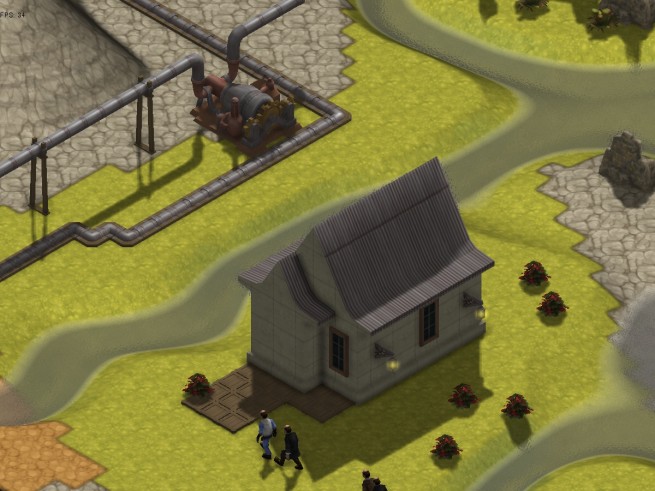
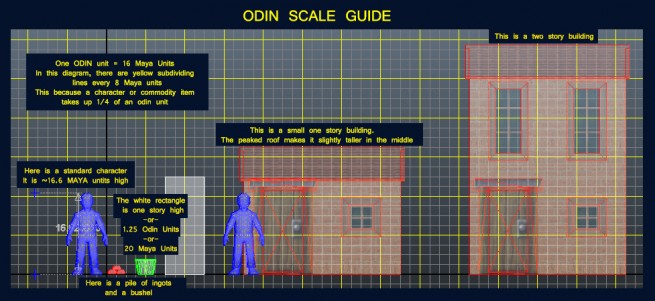
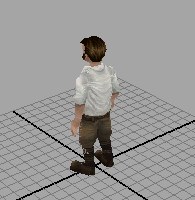
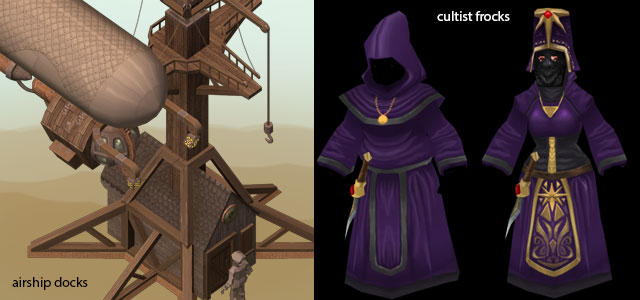

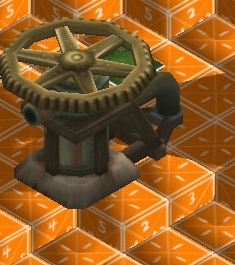
April Technical Status Update
It’s April! There is a Technical Status Update. You know the drill.
{ read this article }
23 Comments